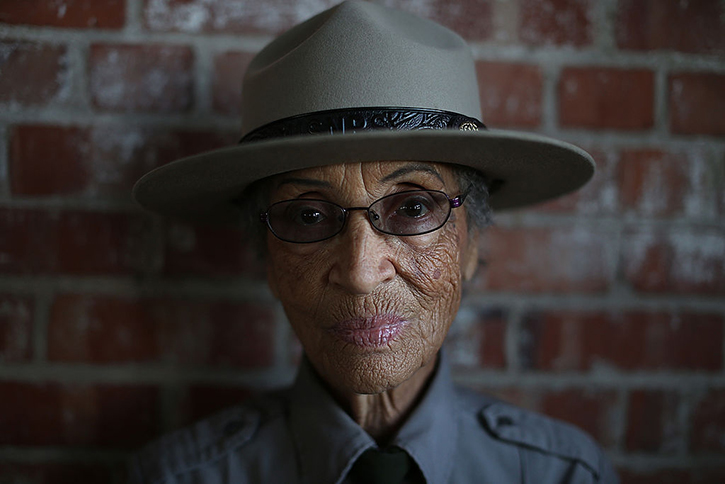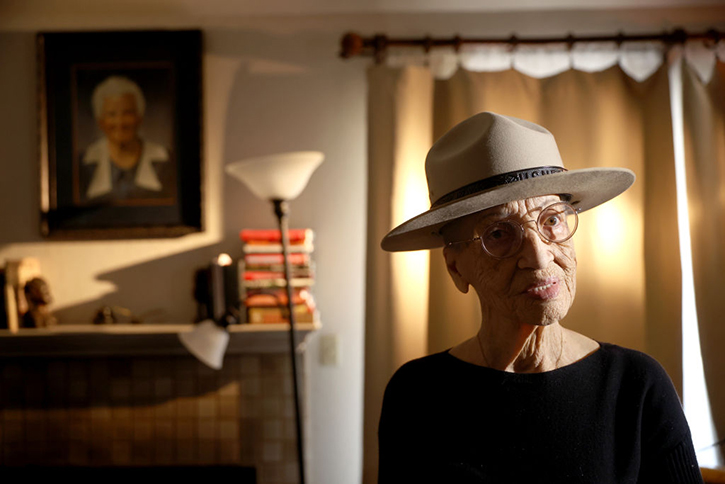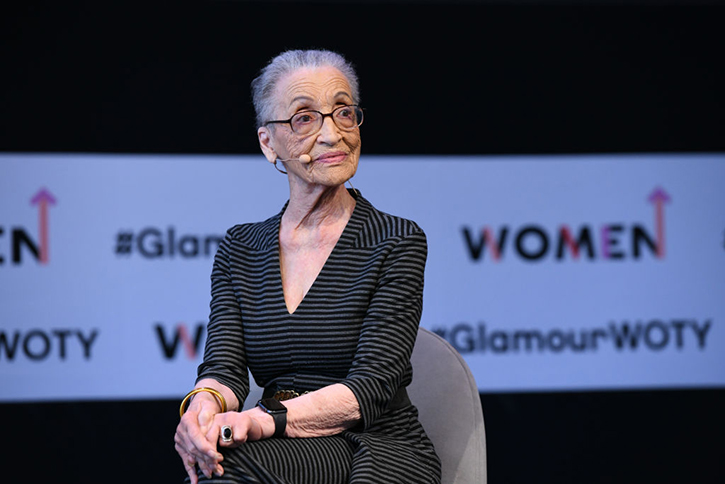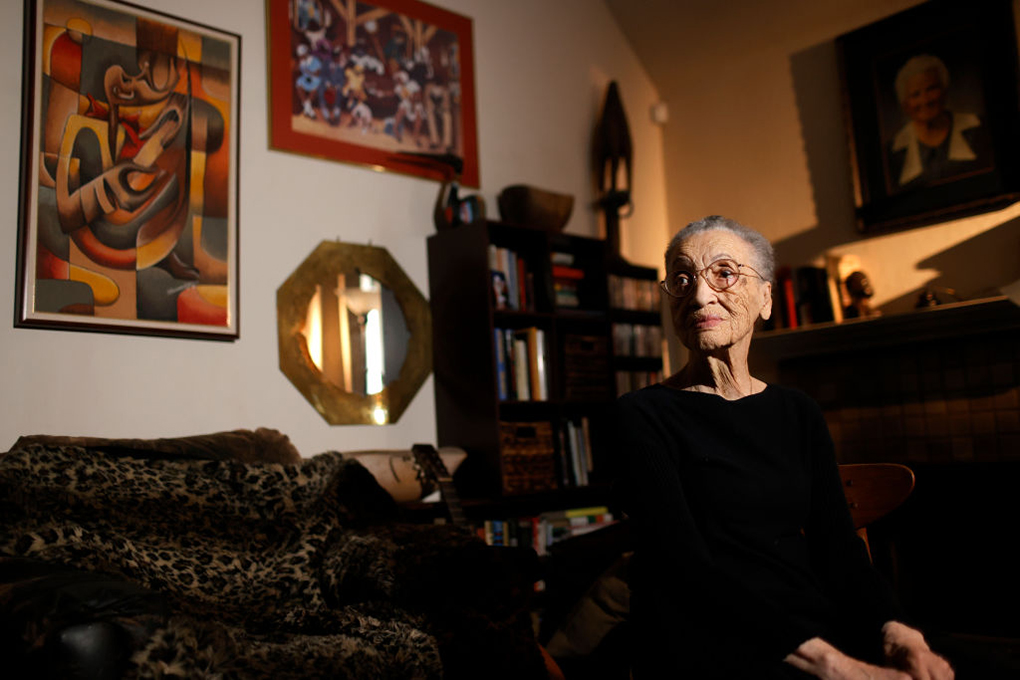Betty Reid Soskin has been working as a park ranger since 2007, however, she began telling her story of life during the segregation period four years prior, when she became a consultant to the National Park Service. As 100-year-old Soskin, the oldest active park ranger, explained to The Washington Post, this happened quite accidentally.
Soskin was working for a California assemblyman, and she attended a meeting with planners from the National Park Service regarding development of Richmond, CA’s Rosie the Riveter WWII Home Front National Historical Park. The park was created in honor of Americans who had worked in different industries to support the war, including the women who worked in factories and shipyards.
However, as a Black woman who had been working as a file clerk in a segregated union during this time, Soskin did not feel that Rosie the Riveter represented her or her experience.

“Black women were not freed or emancipated in the workforce. Unions were not racially integrated and wouldn’t be for a decade. They created auxiliaries that all Blacks were dumped into. We paid dues but didn’t have power or votes,” Soskin told The Washington Post.
Soskin realized there was no sign of the history she had lived as a Black person in segregated America, and she knew she had to do something about it. Becoming a consultant to the National Park Service allowed her to share her experiences and stories. Becoming a park ranger at Rosie the Riveter WWII Home Front National Historical Park gave her a platform on which she has been telling the stories of the Black experience, making sure they were no longer lost and overshadowed.
“What gets remembered is determined by who is in the room doing the remembering,” said Soskin.
She enjoys sharing her story with strangers and feels that when doing so, something in her comes alive. Soskin always encourages the people among her audience to ask questions, and largely allows which aspects of her history they are interested in to dictate what she shares.

She frequently talks about her experiences with the racism she encountered growing up in Oakland, CA. She was raised in a Cajun-Creole family and, throughout her life, has not only been a mother, grandmother, and great-grandmother, but also a civil rights activist, antiwar advocate, musician, and music store owner selling records created by and for Black people.
A big part of what Soskin does is encouraging others to share their untold stories.
“I think everyone’s story is very important,” she said. “There is so much diversity. It’s in that mix that the great secret of a democracy exists.”
In fact, the superintendent of the park, Tom Leatherman, said that she has led to the park seeking to ensure the stories of people from other marginalized and underrepresented groups are included in the dialogue, including Latinx, Native American, Japanese American, and LGBTQ. Leatherman said the impact Soskin has had on the park has been profound.

“She has been fundamental to us being able to tell a more complete story. She has become a symbol of how we can do a better job of incorporating stories that haven’t been shared before.”
Soskin’s contributions have been celebrated with numerous accolades, including a Silver Service Medallion by the National WWII Museum, a commemorative coin from President Barack Obama, and most recently, a middle school being renamed in her honor right before her 100th birthday, September 22. Her memoir, ‘Sign My Name to Freedom,’ is currently being turned into a feature documentary film.
Related: Debbie Allen: ‘Our Mom Moved Us To Mexico As Kids To Escape Segregation’
